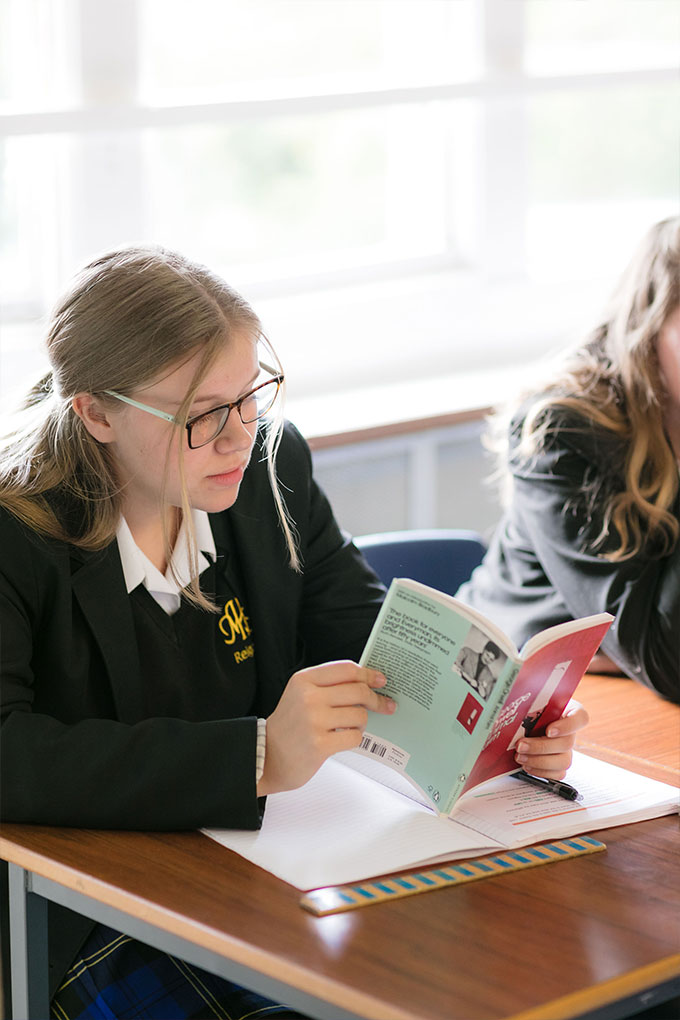


Through the History curriculum, we encourage pupils’ curiosity and imagination, presenting them with the dilemmas, choices and beliefs of people in the past. It helps pupils to develop their own identities through an understanding of history at personal, local, national and international levels. It helps them to ask and answer questions of the present by engaging with the past.
Pupils develop a chronological overview of world history that enables them to make connections within and across different periods and societies.
Within lessons we encourage discussion and debate (roleplay tasks are encouraged) linking with current issues discussed in the media and place much emphasis on the visual to support our dyslexic pupils. Teaching staff work closely with SALT and OT to create a learning environment to suite individual needs.
Much GCSE curriculum is introduced in KS3 to prepare pupils for concepts at GCSE.
We encourage the positive use of Artificial Intelligence to create a visual understanding of the task. Pupils are encouraged to record their ideas to suit them this can be illustrative, word processed or hand-written.
In Year 7 we study:
We study these amongst many other aspects of this period.
In Year 8 we study:
 We also study various aspects of everyday life such as the persecution of women (witchcraft) and crime and punishment.
We also study various aspects of everyday life such as the persecution of women (witchcraft) and crime and punishment.
To prepare for GCSE History.
At GCSE we study:
These provide a diverse overview of the different nations’ political and cultural beliefs.
We do realise that History is a big ask for our dyslexic pupils due to the academic nature of the subject and the amount of reading and writing that is required. Use of AT and AI: focus on pronunciation to prepare for dictation is more of a priority in the modern day. However, we do not see this as a barrier and support them by constant reinforcement of the skills needed to obtain a good GCSE and plenty of exam revision and practice.
![]()